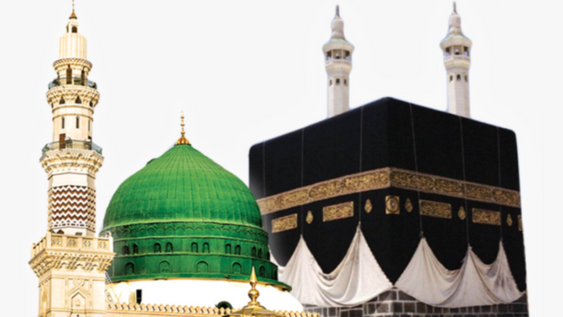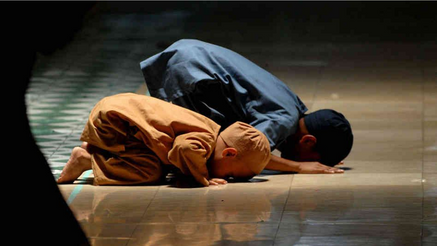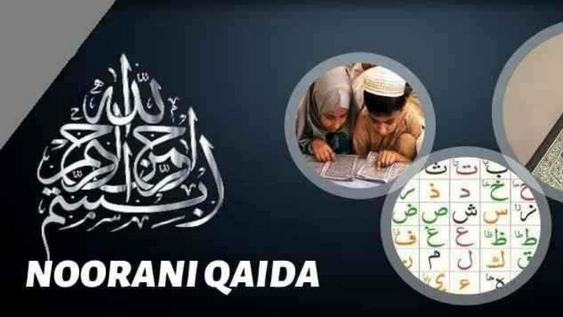Ramadan holds immense spiritual significance for Muslims worldwide. This sacred month, the ninth in the Islamic calendar, is marked by fasting, prayer, charity, and personal reflection. Observing Ramadan is a profound practice that brings numerous benefits and blessings to those who participate wholeheartedly. Below are the top 10 virtues of Ramadan, each highlighting its unique importance for believers.
1. Spiritual Cleansing
Ramadan serves as a month-long opportunity for believers to cleanse their hearts and minds, allowing them to detach from worldly distractions and seek closeness to Allah. Fasting and increased worship help clear the spirit of sin and bring clarity to one’s purpose. The Prophet Muhammad (peace be upon him) emphasized the importance of purification in Ramadan, encouraging Muslims to approach this month with sincere intentions and humility. The Quran reinforces this in Surah Al-Baqarah (2:183):
“O you who have believed, decreed upon you is fasting as it was decreed upon those before you that you may become righteous.”
2. Increased Worship
Ramadan is a time to intensify one’s devotion to Allah through prayer, Quranic recitation, and dhikr (remembrance of Allah). Muslims engage in the nightly Taraweeh prayers, dedicating extra time to seek closeness with Allah. This increase in worship reinforces their bond with the Creator, as even small acts of devotion carry amplified rewards. The Prophet (peace be upon him) encouraged extra prayers, saying,
“Whoever prays during the nights of Ramadan with a firm belief and hoping for reward, his previous sins will be forgiven” (Sahih Al-Bukhari).
3. Empathy and Compassion
Fasting during Ramadan allows Muslims to experience the pangs of hunger and thirst, fostering a deep sense of empathy for the less fortunate. This month serves as a reminder of the importance of charity and generosity, urging believers to extend kindness to those in need. Charity, or sadaqah, is highly encouraged during Ramadan, with Muslims seeking opportunities to support others. The Prophet Muhammad (peace be upon him) said,
“He is not a believer whose stomach is filled while his neighbor goes hungry” (Sahih Al-Bukhari).
4. Strengthening Community Bonds
Ramadan brings families, friends, and communities together, reinforcing social ties and encouraging collective worship. Gathering for iftar (the meal to break the fast) and praying together fosters unity and a shared sense of purpose. The Prophet (peace be upon him) highlighted the importance of breaking fasts together and supporting each other, underscoring the power of community.
5. Reward Multiplication
During Ramadan, good deeds carry multiplied rewards. The Prophet Muhammad (peace be upon him) explained that fasting itself has a unique reward that only Allah knows, underscoring the immense blessings awaiting believers who engage in worship and acts of kindness during this month. In a well-known hadith, the Prophet said,
“Every good deed of the son of Adam is multiplied ten times to seven hundred times. Allah says: ‘Except for fasting, for it is for Me, and I shall reward for it'” (Sahih Muslim).
6. Laylatul Qadr (Night of Decree)
One of the most spiritually significant moments in Ramadan is Laylatul Qadr, a night found in the last ten days of the month. The Quran describes this night in Surah Al-Qadr (97:3) as being “better than a thousand months,” making worship on this night particularly blessed. Believers dedicate themselves to prayer, seeking forgiveness and mercy from Allah, as rewards for acts of worship are magnified many times over.
7. Self-Discipline and Resilience
Fasting during Ramadan teaches self-control and resilience. By abstaining from food, drink, and other temptations from dawn to sunset, Muslims build inner strength and discipline, training themselves to resist negative behaviors. This self-discipline extends beyond Ramadan, helping believers maintain spiritual and moral integrity throughout the year.
8. Forgiveness and Mercy
Ramadan is a month of forgiveness, where believers earnestly seek mercy from Allah for past mistakes and transgressions. Forgiveness is encouraged not only with Allah but also with others, fostering reconciliation and understanding within communities. The Prophet Muhammad (peace be upon him) said,
“Ramadan to Ramadan expiates the sins committed between them, as long as major sins are avoided” (Sahih Muslim).
9. Reflection and Gratitude
Ramadan offers time for reflection, encouraging Muslims to appreciate the blessings they often take for granted. Fasting reminds believers of the simple blessings of food, water, and health, cultivating a deep sense of gratitude for Allah’s provisions. Reflecting on these blessings strengthens the bond between a Muslim and their faith, enhancing mindfulness and contentment.
10. Preparation for the Afterlife
Ramadan reminds Muslims that this life is a temporary test and encourages them to focus on preparing for the hereafter. By engaging in worship, good deeds, and self-improvement, believers strengthen their relationship with Allah, which is essential for achieving eternal success. The Quran emphasizes the transitory nature of this world, urging believers to seek their true reward in the hereafter (Surah Al-Ankabut, 29:64):
“And this worldly life is not but diversion and amusement. And indeed, the home of the Hereafter – that is the [eternal] life, if only they knew.”
Ramadan, with its virtues, provides a unique opportunity for Muslims to renew their faith, cleanse their hearts, and strengthen bonds within the community. Through fasting, worship, and reflection, this blessed month enables spiritual growth, self-discipline, and empathy, making it a transformative period for millions of believers worldwide.











